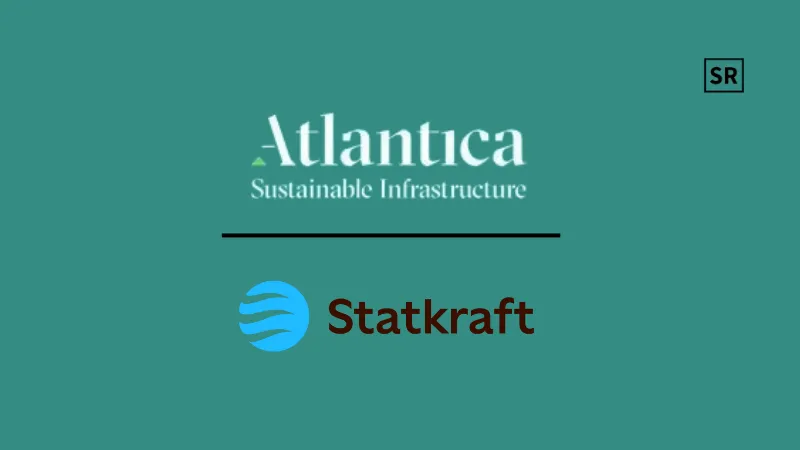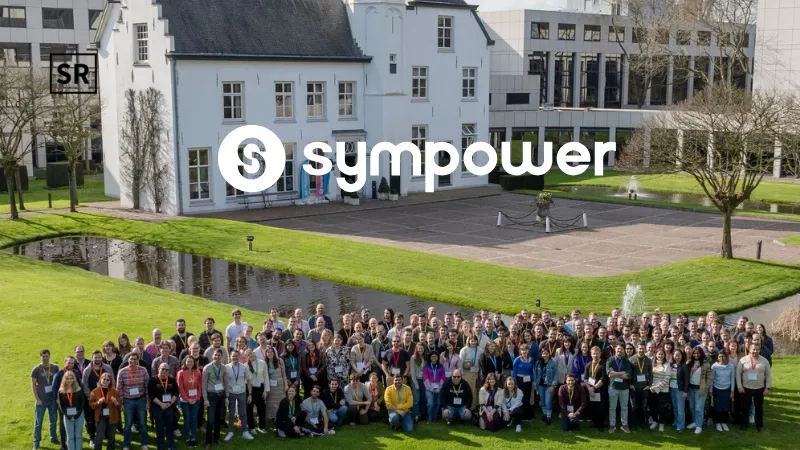Orus Energy funding news – France-based Orus Energy Secures €2.2 Million in Pre-Seed Funding
Jul 5, 2024 | By Team SR

AI-powered energy flexibility platform, Orus Energy, secures €2.2 million in pre-seed funding. Leading the round were French impact funds Asterion Ventures and Ring Capital, as well as European venture capital firm b2venture, which supported Yenduo and DUDE CHEM. Several angel investors within the industry are also involved in the round, including Myriam Maestroni (e5t) and Pierre Trémolières (Accenta.ai).
SUMMARY
- AI-powered energy flexibility platform, Orus Energy, secures €2.2 million in pre-seed funding.
- The French firm is transforming the relationship between electricity markets and buildings.
By the end of 2025, the company plans to have expanded its core staff to twenty employees in order to better serve its clientele. The funds will also be utilised to expedite product development and deployment.
Demand-side flexibility becomes essential in this changing energy landscape as we move towards a resilient energy system that fully integrates renewables. Reliance on polluting peak hours is immediately decreased by adjusting the power consumption of flexible equipment, such as heating, EV charging, and systems, based on grid demands.
Read also - alcemy funding news – Berlin-based alcemy Raises $10Million in Funding
RECOMMENDED FOR YOU

Swiss Robotics Company ANYbotics Secures Over €127 Million To Expand Robot Workforce
Kailee Rainse
Sep 22, 2025
With the help of this cash, its implementation and product development will move more quickly, improving the energy flexibility of commercial buildings. Using AI and machine learning, Orus optimises the use of electricity, cutting expenses and emissions. Its cutting-edge platform fills a vital gap in the energy transition and has a lot of potential for industry influence and broad adoption in the sustainable energy space.
About Orus Energy
The French firm is transforming the relationship between electricity markets and buildings. Orus' software dynamically modifies energy consumption, shifting it to periods when electricity is most affordable and environmentally friendly, so maximising the combined flexibility of multiple buildings and contributing significantly to the grid's flexibility.
Recommended Stories for You

Mirror Security Raises €2.1 Million To Advance FHE-based AI Security In Collaboration With Intel
Kailee Rainse Dec 3, 2025


 Follow us
Follow us Follow us
Follow us












